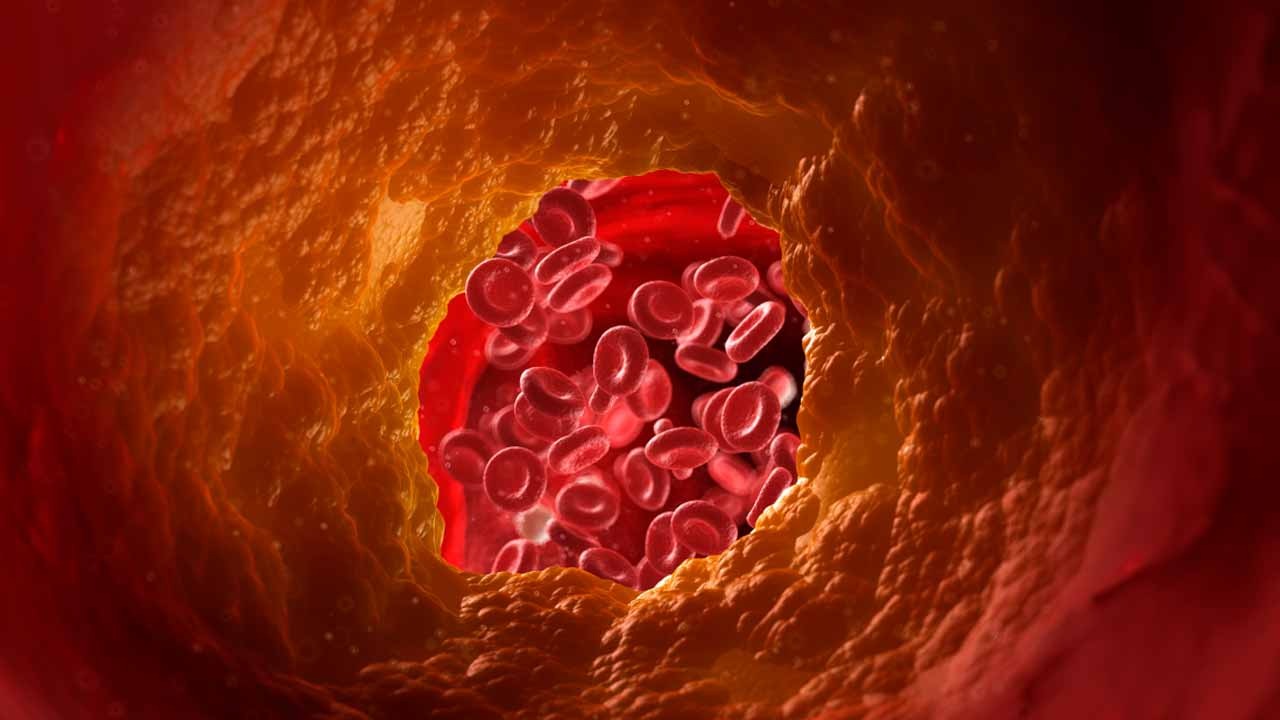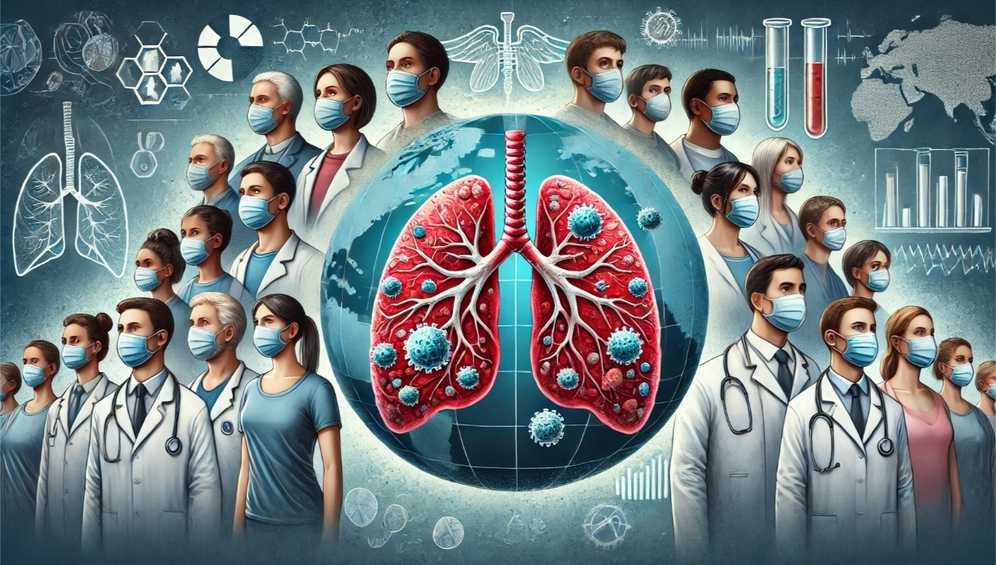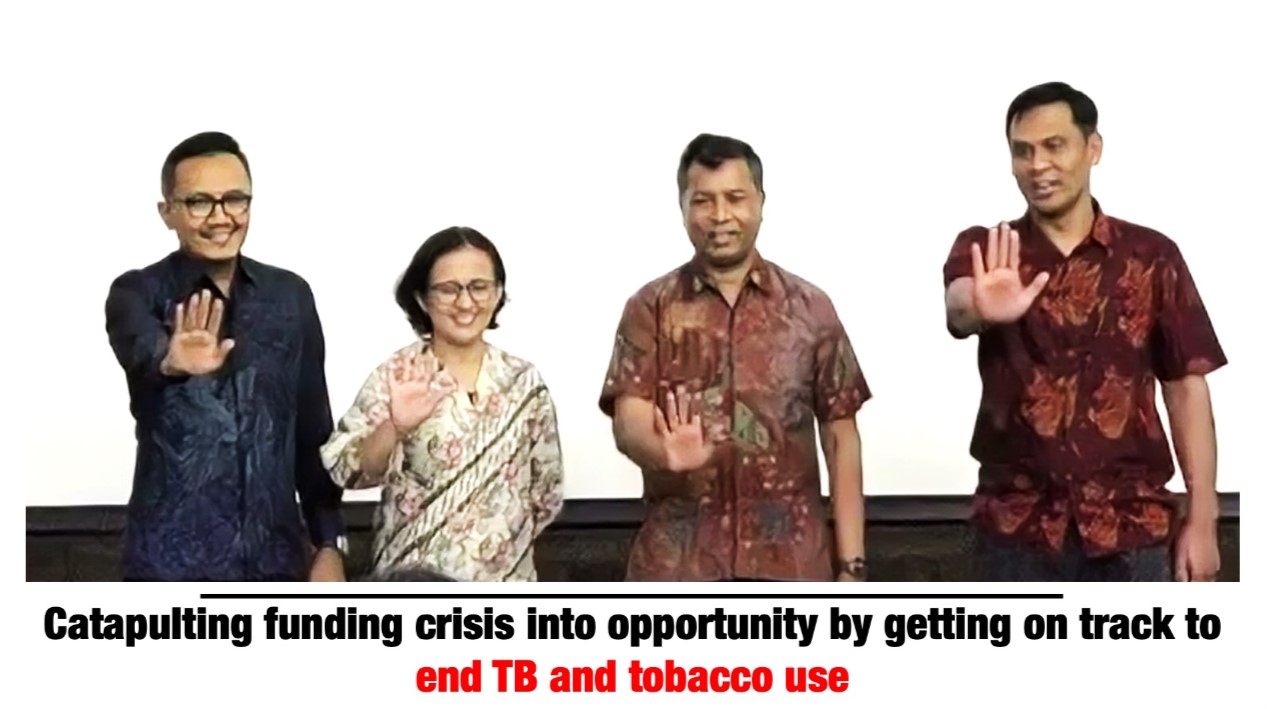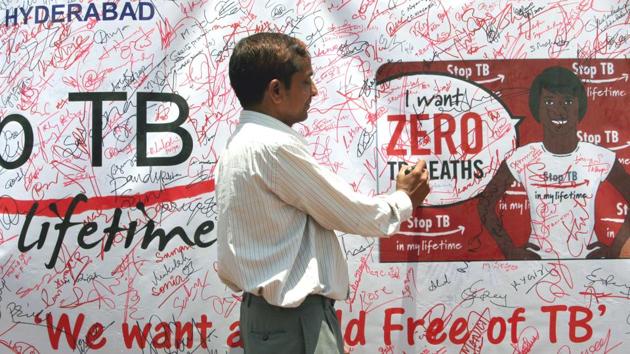Our liver produces cholesterol. Our food is also a source of cholesterol. Cholesterol is described as a fatty substance travelling through our blood. Some amount of cholesterol is important for our body as it helps in building cells and some of the hormones. High cholesterol in our body is due to the trans and saturated fat that gets accumulated due to uncontrolled dietary habits and sedentary lifestyle. We can remove excessive cholesterol through lifestyle changes and dietary modifications, otherwise there are chances of liver diseases.
Medicircle spoke to eminent liver specialists to spread awareness about how to protect our liver health. In this context, Dr. Vikram Raut, Senior Consultant, and Lead Liver Transplant Surgeon, at Apollo Hospitals, Mumbai mentioned, “We can perceive fatty liver in a positive way by considering it an alarming sign. If it gets identified in time you can prevent many other ailments like a heart-related ailment and if it’s not controlled then, it gets converted into NASH. If we are not able to stop it even at that stage, then it gets converted into cirrhosis and can also convert into liver cancer. If we take corrective steps from the fatty liver stage then we would not only reverse it but would also save ourselves from the risk of cardiovascular, renal, pancreatic, and liver-related morbidity.”
Does high cholesterol and other health ailments lead to liver disease?
Dr. Adarsh CK, Chief Gastroenterologist, Hepatologist and Advanced therapeutic endoscopist, BGS Gleneagles Global Hospitals, Bangalore, pointed out, “In general, people always tend to neglect fatty liver. If there are 100 people with fatty liver 20 to 30% of them will end up with liver disease. So, screening for fatty liver is very important in all patients who are overweight or obese and this is more common in patients who have diabetes, hypothyroidism, or high cholesterol. These are the patients who are at risk of developing fatty liver and they need to be monitored very regularly.”
How to understand the warning signs of liver disease?
Dr. Shalin Dubey, Senior Consultant, Department of Laparoscopic, Robotics & Gastrointestinal Surgery, Apollo Hospitals, Mumbai, mentioned, “If there is lack of appetite, tendency to vomit on sight of food, swelling in the abdomen, swelling in the nerves of the body, swelling in feet, etc., then one should not ignore it and get an ultrasound done to find out whether there is any problem in the liver or any other part of the body like the kidney. Jaundice and unexplained loss of weight are also signs of liver ailments. If one identifies these signs early and starts treatment then complications can be curbed.”
What are the ways to avoid liver disease?
Dr. Sachet Chandak, Consultant Gastroenterologist and Hepatologist, SRV Hospital, Mumbai provides following tips to avoid fat, cholesterol and liver disease:
- To get rid of fatty liver, the most important way is to lose 5% of body weight over a period of six months. What I usually advise my patients is to walk daily, about 30 to 45 minutes, at least six days a week. It is considered to be a very good form of exercise to keep your muscles active as well as to lose weight. At the same time avoid a sedentary lifestyle, like most of us are sitting in front of our computers or laptops for 10 - 12 hours a day. There is hardly any exercise. That is why exercise regularly is very important.
- Diet control is equally important for the treatment of fatty liver. One should have low fat, protein-rich and mild to moderate amounts of carbohydrate in the diet. We should consume fewer calories in our diet. For an average Indian male, or a female, about 2000 to 2500 kilocalories per day is the recommended diet, but patients who are obese or suffering from fatty liver should reduce this total calorie intake to about 1500 to 1800 kilocalories per day.
- Those who are consuming alcohol have to reduce their amount of alcohol to moderate intake. Consuming alcohol a couple of days a week in small amounts is okay. But those who are consuming excessive alcohol and are obese are prone to both alcoholic as well as non-alcoholic fatty liver disease. So, such patients are at high risk of progressing their liver disease from fatty liver to developing steatohepatitis that later on progresses into liver fibrosis.
Some amount of cholesterol is good for our body but by speaking to liver specialists it is clear that we should not overload our body with it otherwise many of our body organs like liver would have to pay a heavy price for that.

 High Cholesterol is not only bad for heart but bad for liver as well, in fact it could be worse for the liver. Cholesterol mostly gets accumulated in the liver causing fatty liver disease (steatosis). If the level of cholesterol is very high, then it can lead to a severe health complication known as non-alcoholic steatohepatitis (NASH).
High Cholesterol is not only bad for heart but bad for liver as well, in fact it could be worse for the liver. Cholesterol mostly gets accumulated in the liver causing fatty liver disease (steatosis). If the level of cholesterol is very high, then it can lead to a severe health complication known as non-alcoholic steatohepatitis (NASH). 




.jpeg)
.jpeg)













.jpeg)





.jpeg)
.jpeg)






.jpeg)





